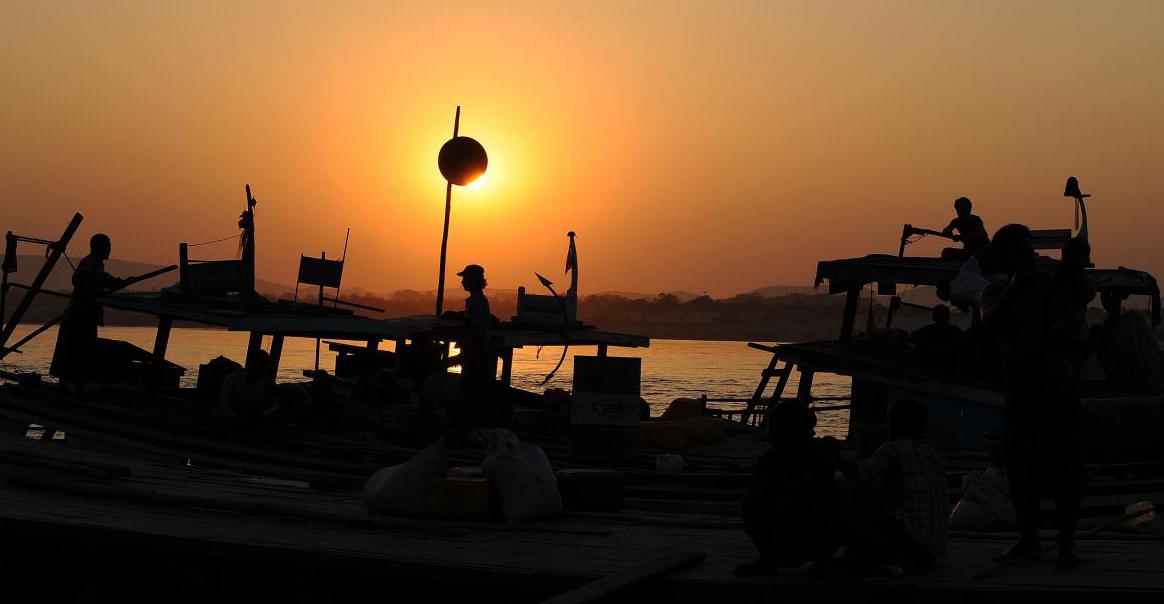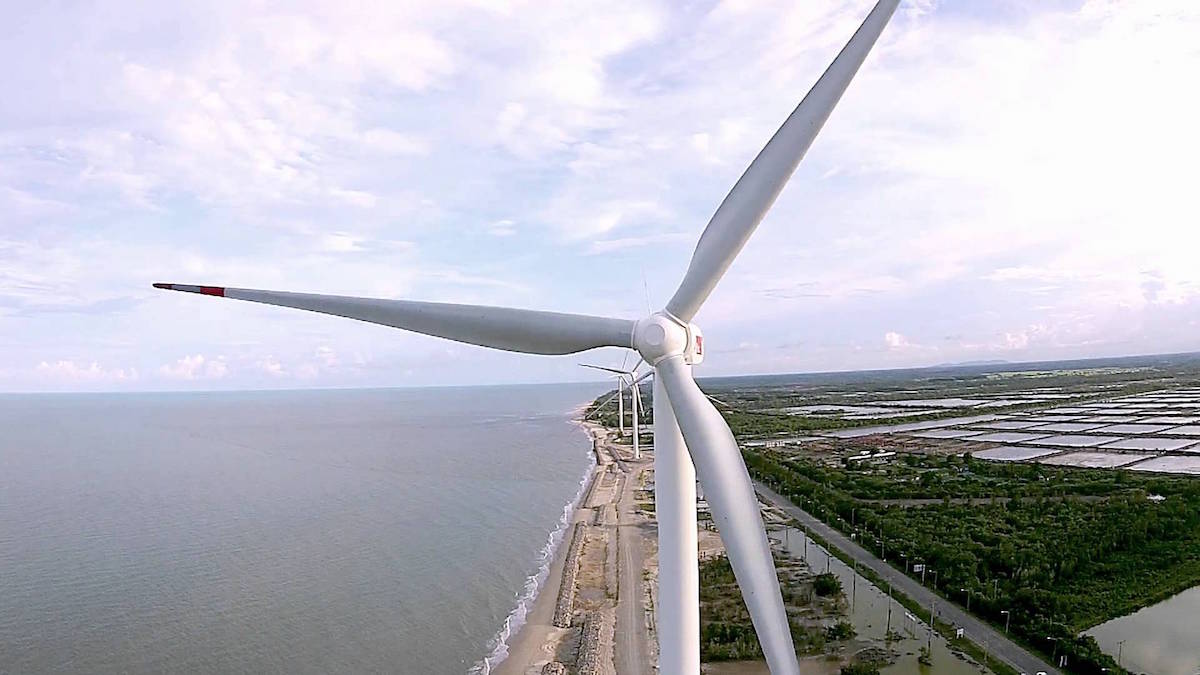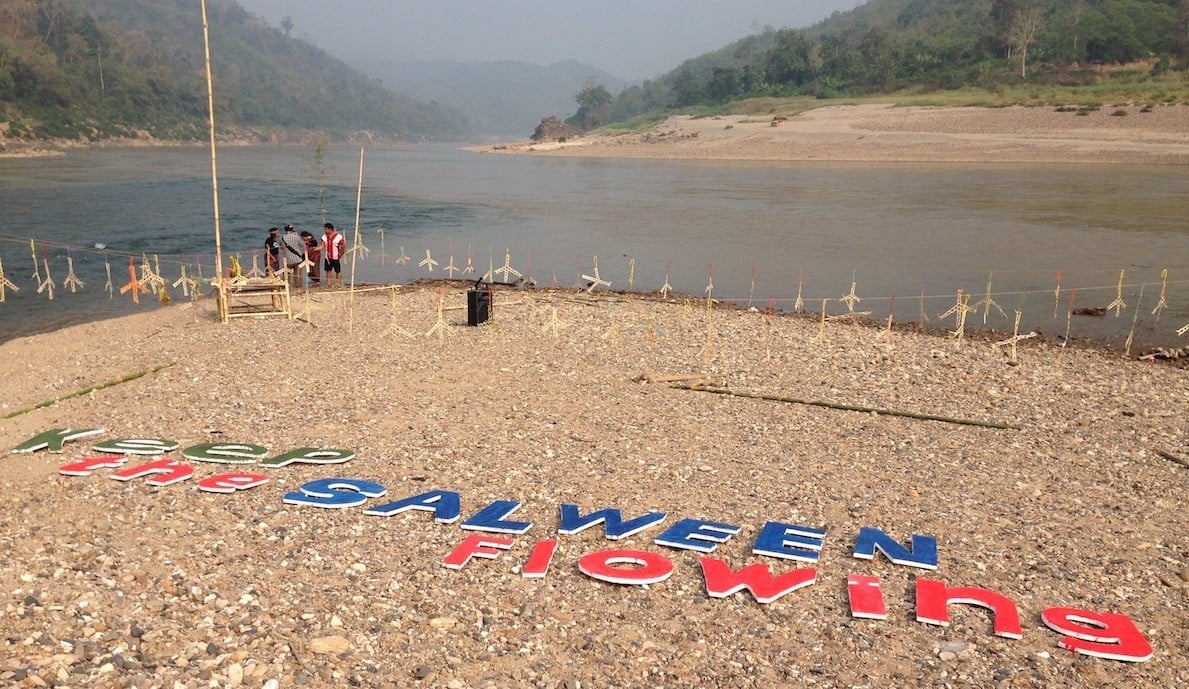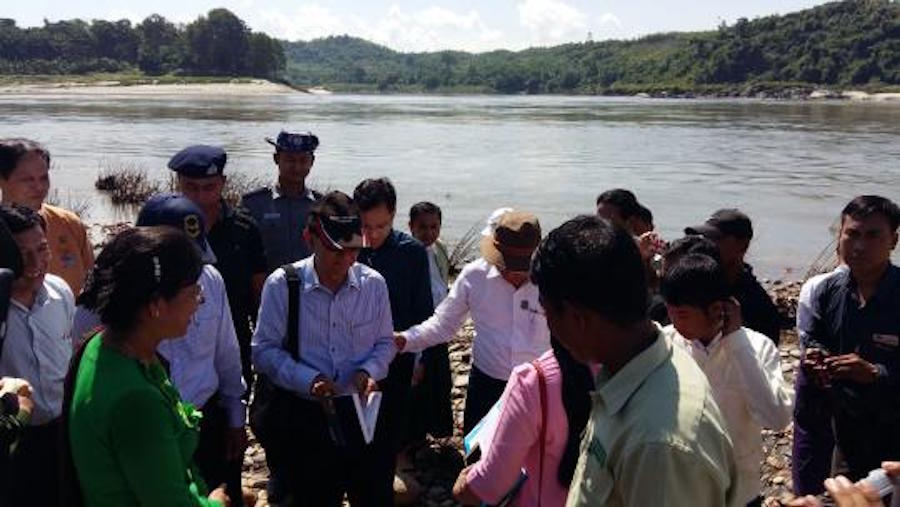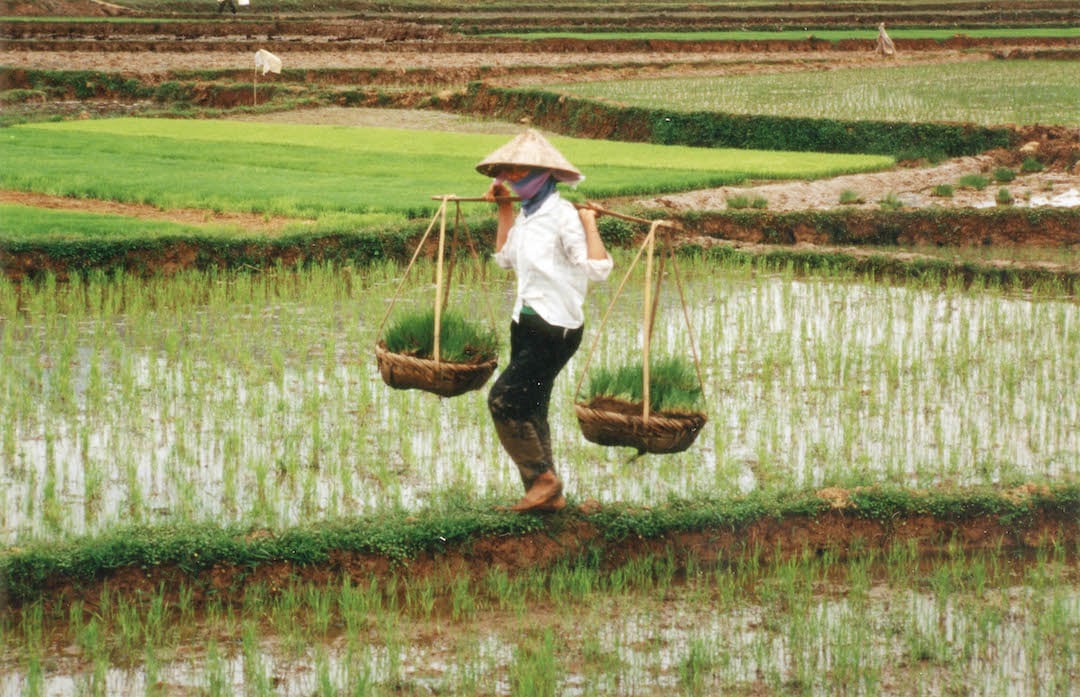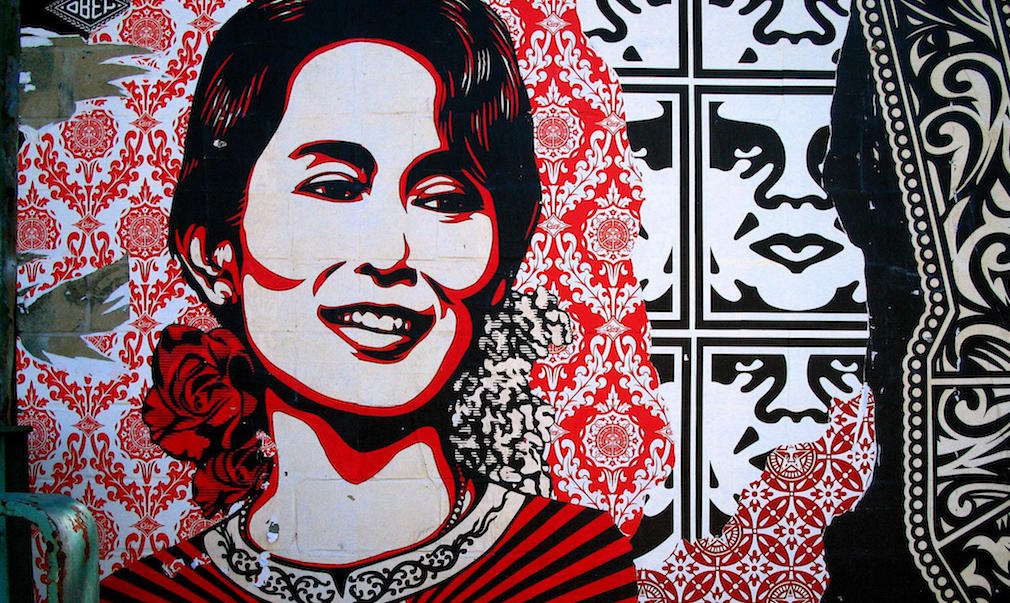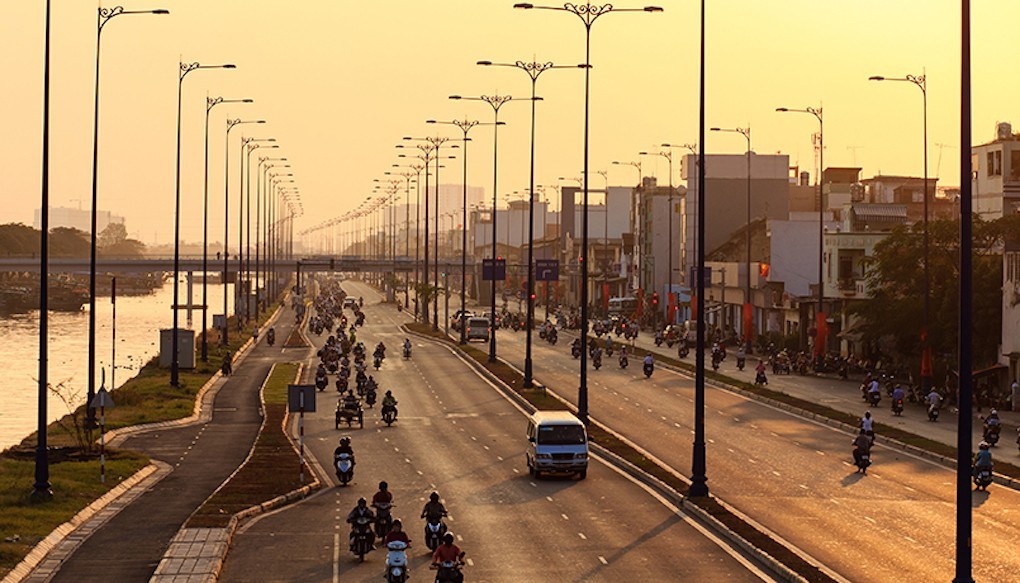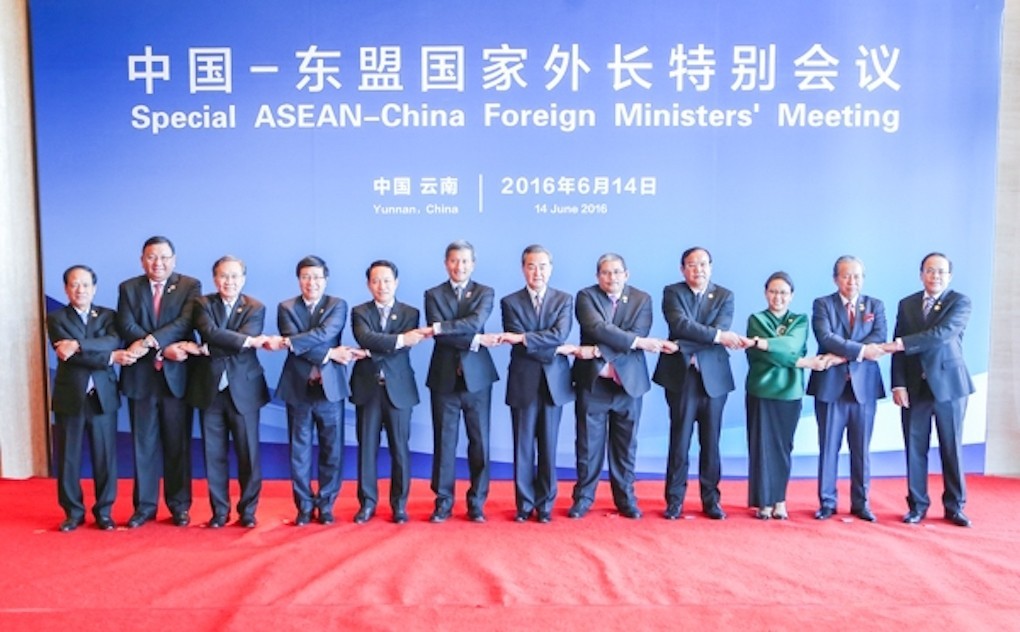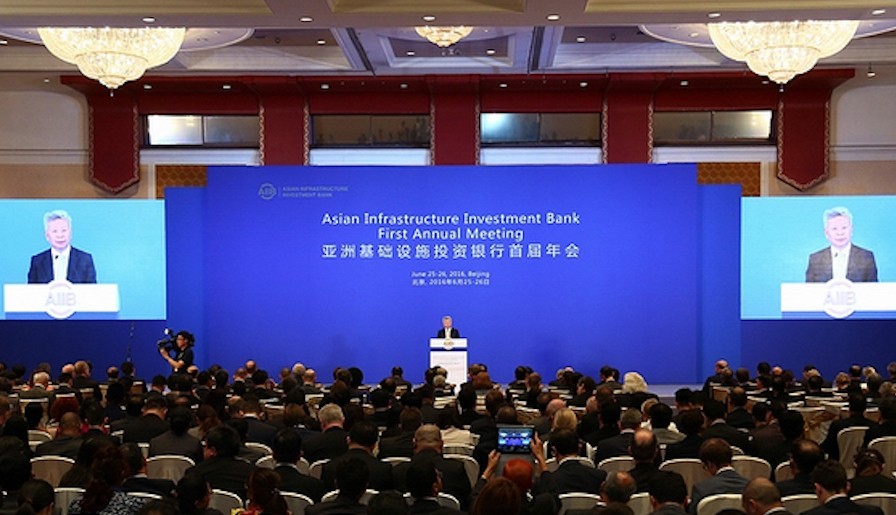The former director general of the meteorology and hydrology department has proposed an alternative solution to the problem of the stalled Myitsone hydropower dam. Instead of building one destructive and publically reviled mega dam, why not build four smaller hydropower projects instead, he suggested on Facebook yesterday night.
Tag: china
Renewable energy gains offer us a cleaner future
China has made a number of significant steps towards building a future of more sustainable energy.
President Xi Jinping has made good on his commitment to increase the supply of renewable energy at the climate change conference in Paris last year, a time when the toxic smog choking streets in Beijing and Shanghai was making global headlines. I wrote about this at the time in my column “China’s energy paradox”.
SNLD Urges Govt Transparency on Salween Dam Projects
The Shan Nationalities League for Democracy (SNLD) has urged the government to be transparent and to ensure accountability and responsibility regarding large hydropower dam projects proposed on the Salween River in eastern Burma.
Dam committee meets Myitsone residents
Kachin residents have expressed their refusal to accept the Myitsone dam project when the Investigation Commission for Hydropower Projects on the Ayeyawady River visited Myitsone.
The committee met town elders and MPs at the Myitsone Resort, asked about the livelihoods of villagers and the environmental damage caused by gold mining.
Why silt is so important for the Mekong
Just as forests are more than only trees, rivers are more than water. The Mekong river carries massive loads of sediment and nutrients from upstream to downstream and across national borders, replenishing and enriching the land as it goes. This process is key to sustaining the ecological integrity of the river and surrounding landscapes, which in turn supports the economy.
However, a boom in sand mining and hydropower development on the Mekong is transforming the river’s sediment flows, with profound consequences for the region if left unchecked. For a prosperous, sustainable future for the region, all Mekong countries must come together now and adopt international standards for managing transboundary river resources.
Myanmar’s Suu Kyi assures China of solution to stalled dam
Myanmar leader Aung San Suu Kyi told China’s premier on Thursday that her new government is willing to look for a resolution that suits both countries to a suspended Chinese-funded hydropower project in northern Myanmar, a senior Chinese diplomat said.
Finding a solution to the US$3.6 billion Myitsone dam project is important for Suu Kyi who needs China’s cooperation in talks with Myanmar’s ethnic minority armed groups operating along northern borders with China.
Making Inroads: Chinese Infrastructure Investment in ASEAN and Beyond
Inclusive Development International (IDI) released Making Inroads: Chinese Infrastructure Investment in ASEAN and Beyond, its new report that seeks to shed light on the rapidly changing landscape of infrastructure finance in the region which has been driven by China.
Cambodia Pushing for More Benefits From Mekong Integration
The government is seeking to develop ways of increasing the benefit felt by Cambodia from economic corridors opened throughout the Greater Mekong Subregion as part of Asean integration, an official has said.
Sok Chenda Sophea, secretary general of the Council for the Development of Cambodia, told reporters after a meeting of ministers from countries in the region held on Thursday that the government had developed a strategy to remain competitive.
China-Asean Economic Ties
East Asia’s economy is entering a new phase of uncertainties and challenges stemming from complex geopolitics, a weakened European Union (EU) after Brexit, domestic political unpredictability in the US and an economic slowdown in China.
To maintain economic dynamics, regional countries need to deepen and speed up social, economic and financial reforms. The region needs to continue promoting an open and inclusive regionalism.
“Lean, clean and green”? The AIIB’s first weigh-in
Representatives from 57 countries, journalists, industry experts and civil society leaders gathered in Beijing on 25-26 June for the first annual meeting of the Asia Infrastructure Investment Bank (AIIB).
This was the bank’s first weigh-in, where its first six months of progress since launching in January would be judged by stakeholders and engaged parties. Of keen interest to many were the AIIB’s green credentials.


